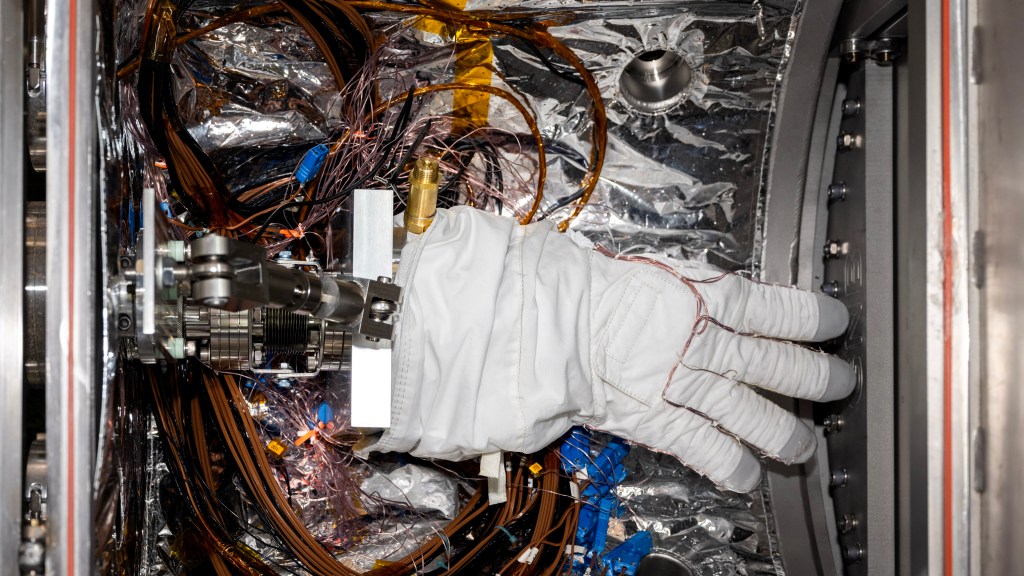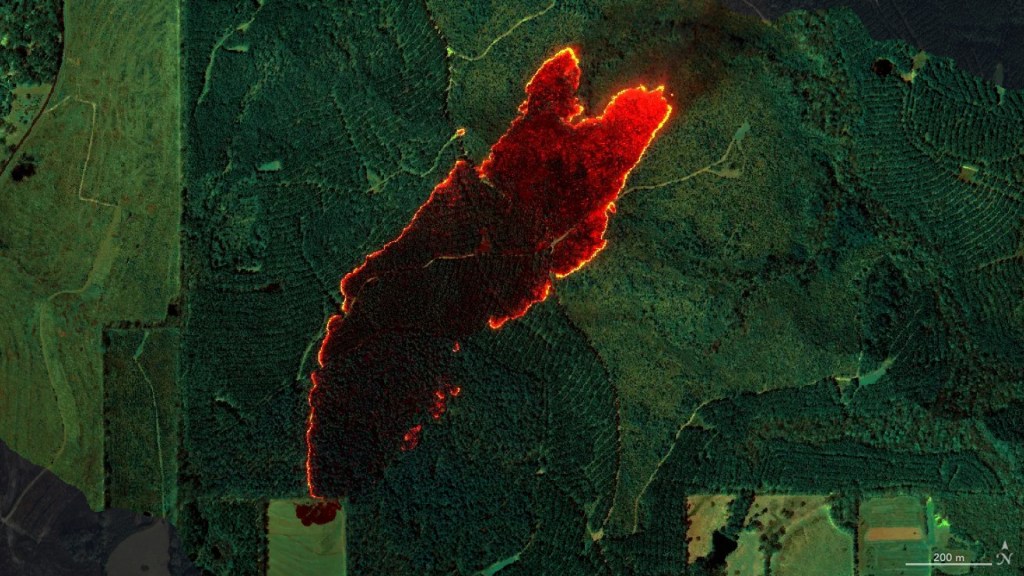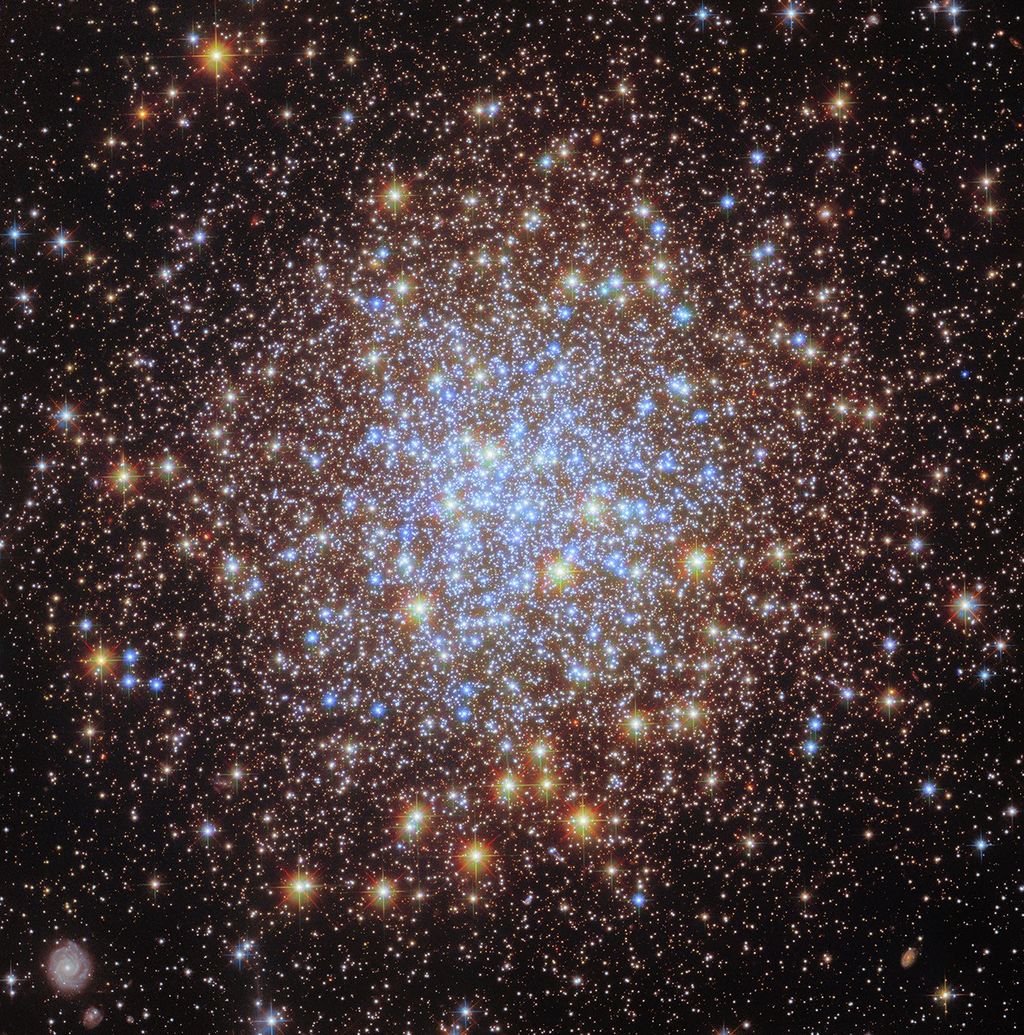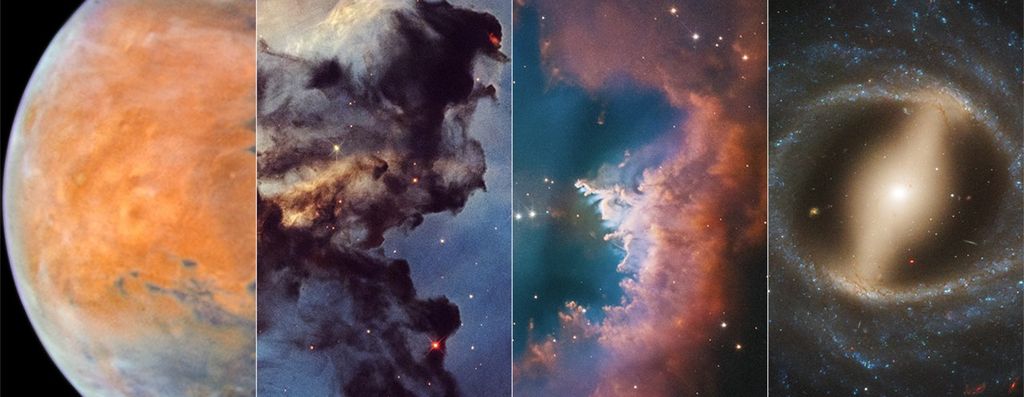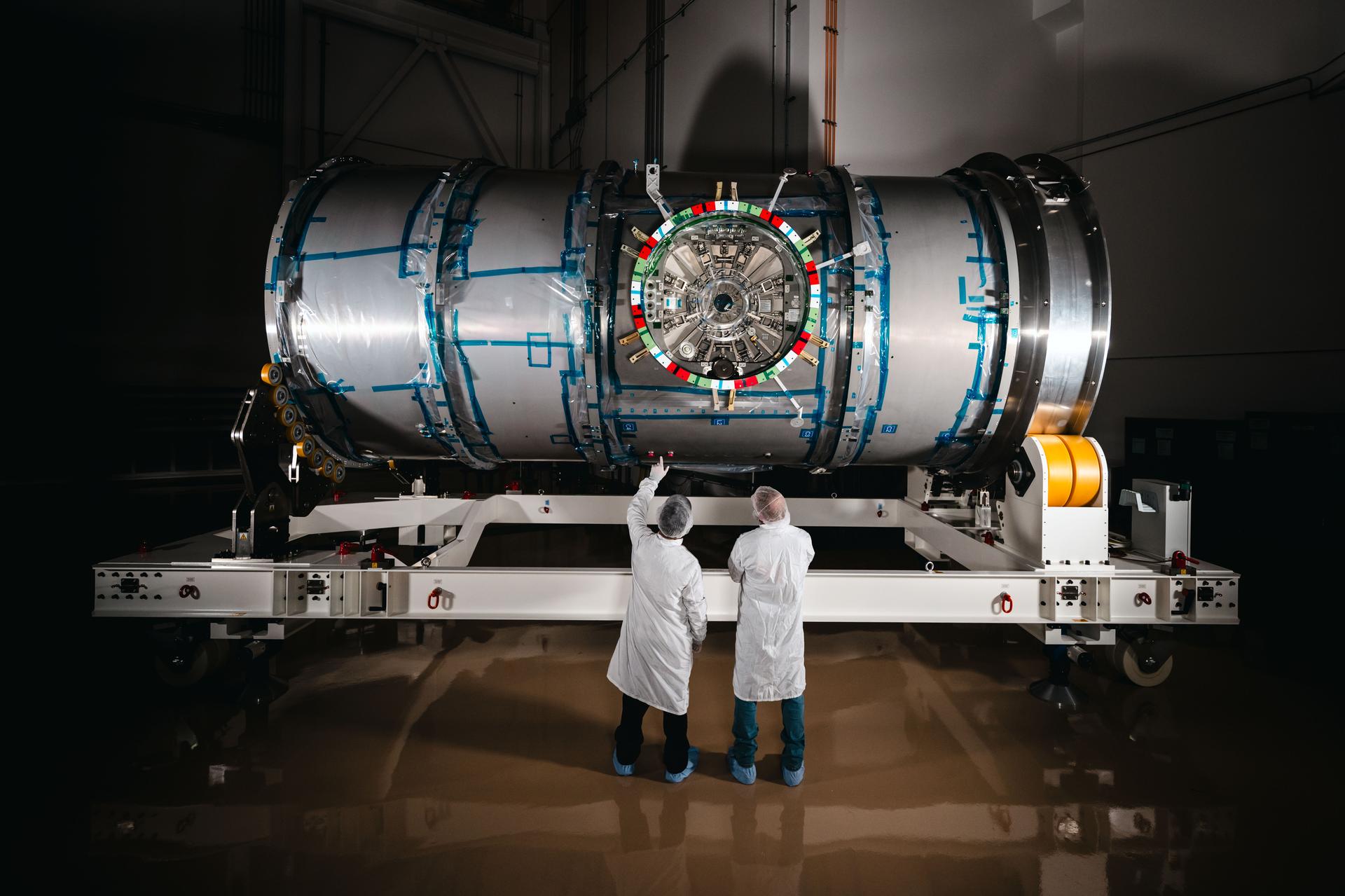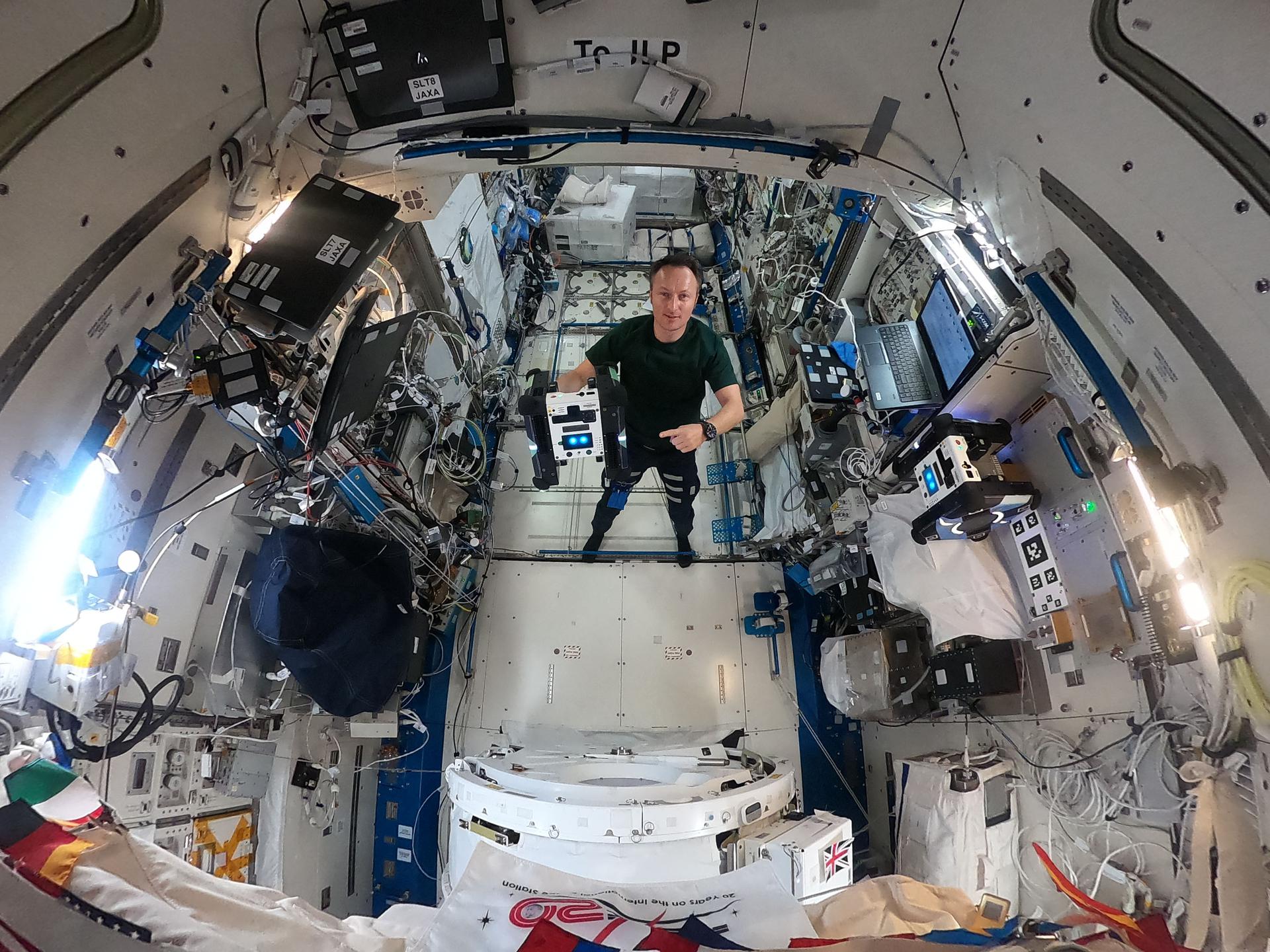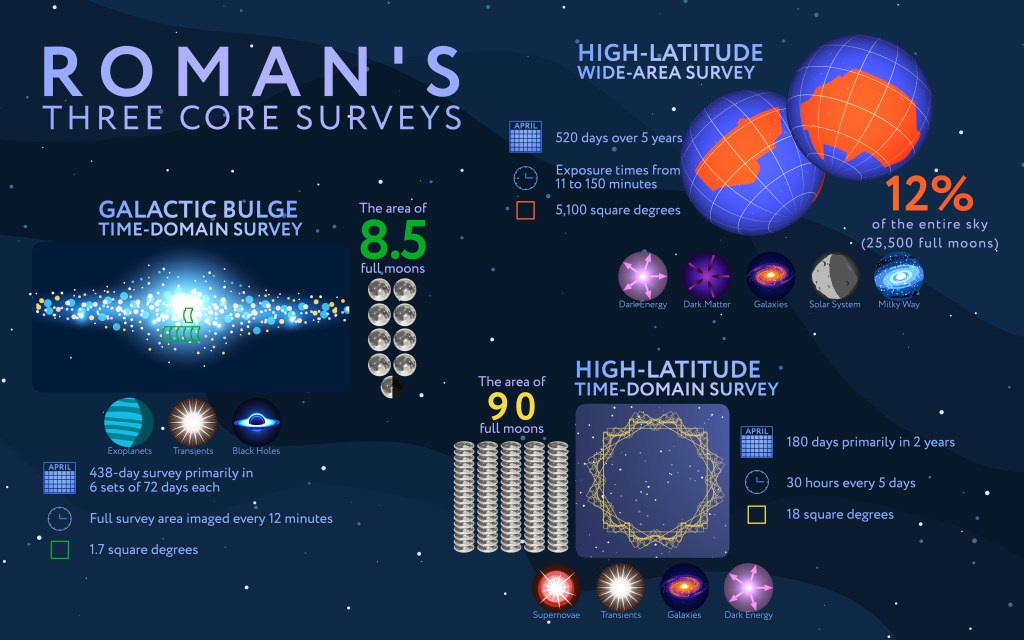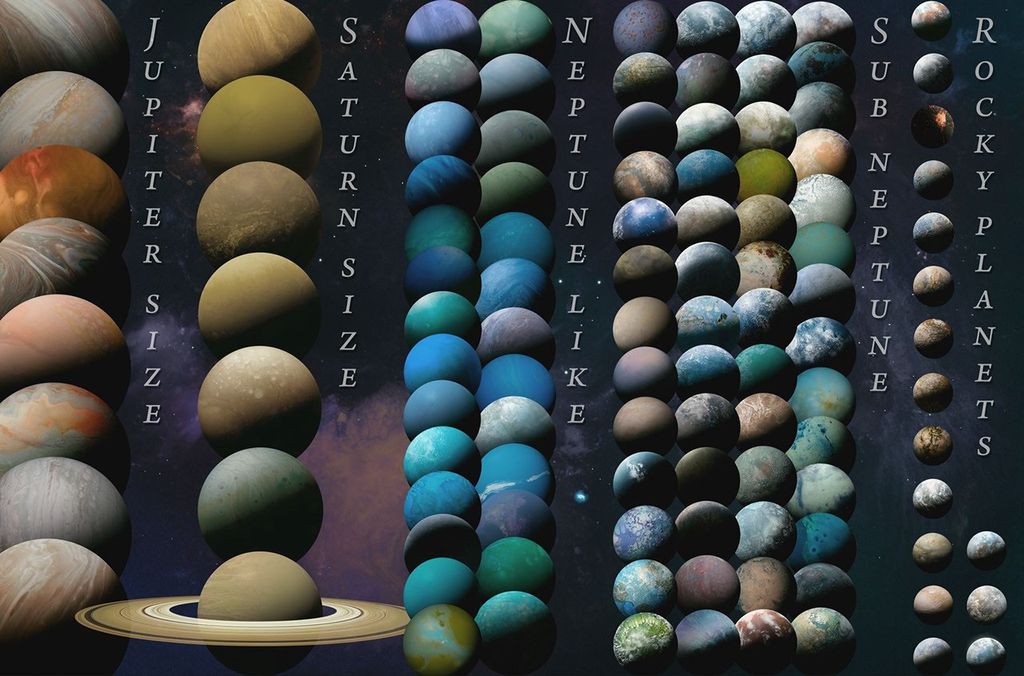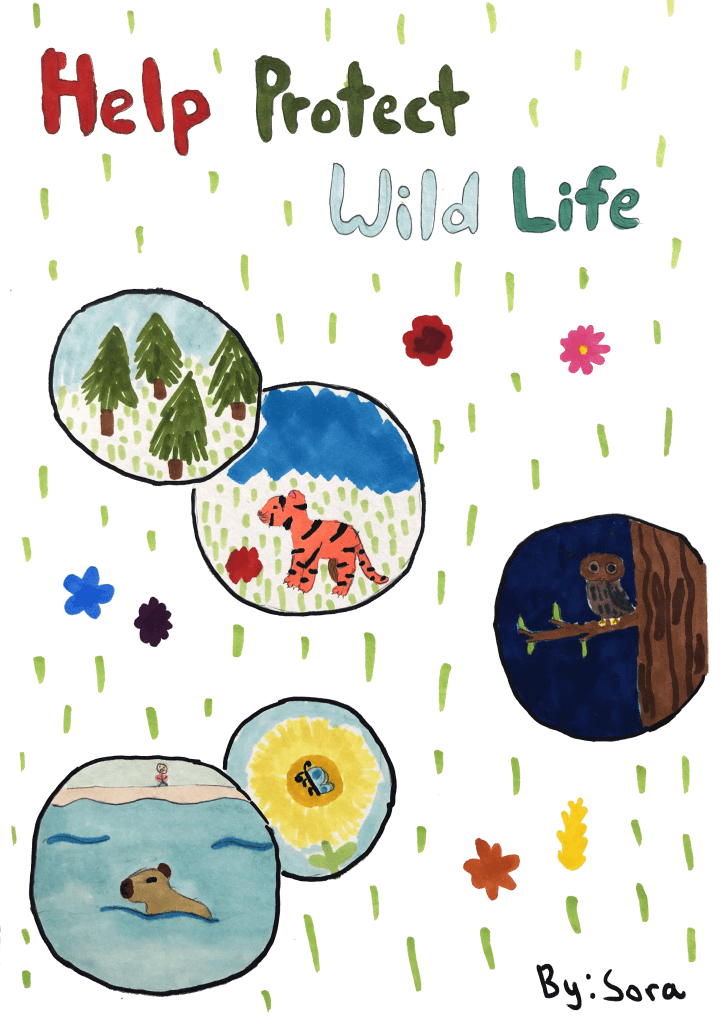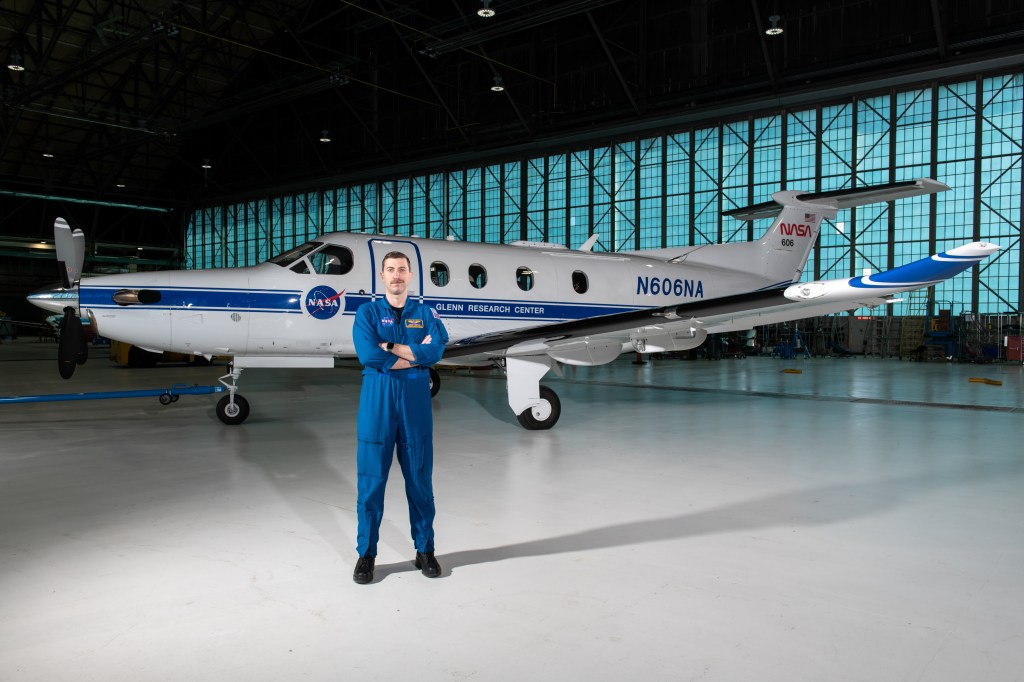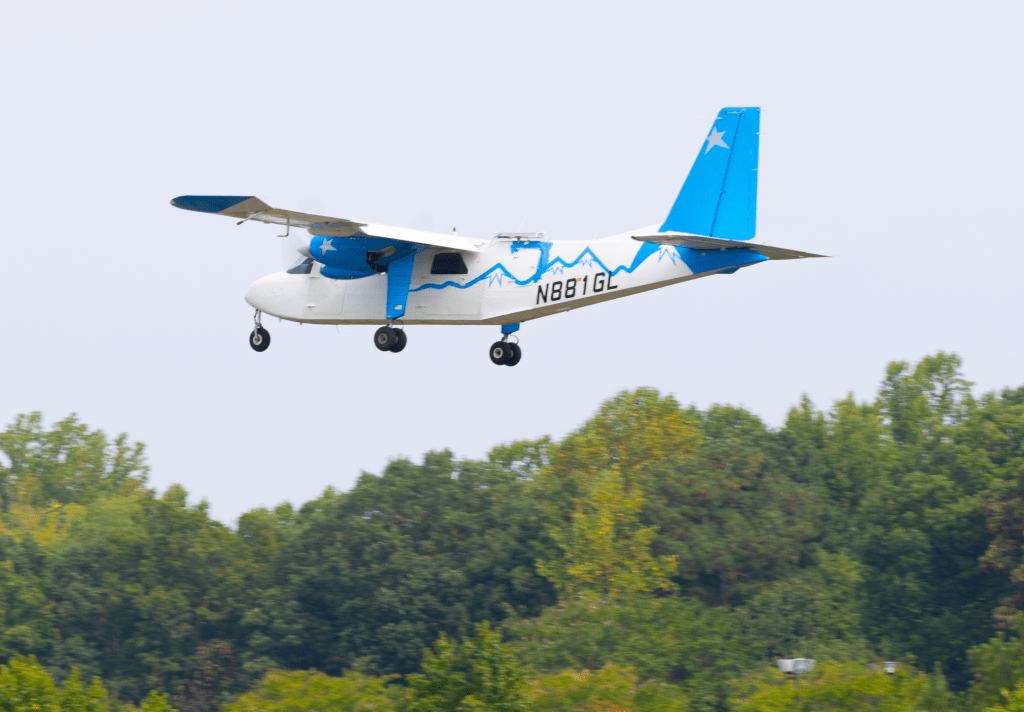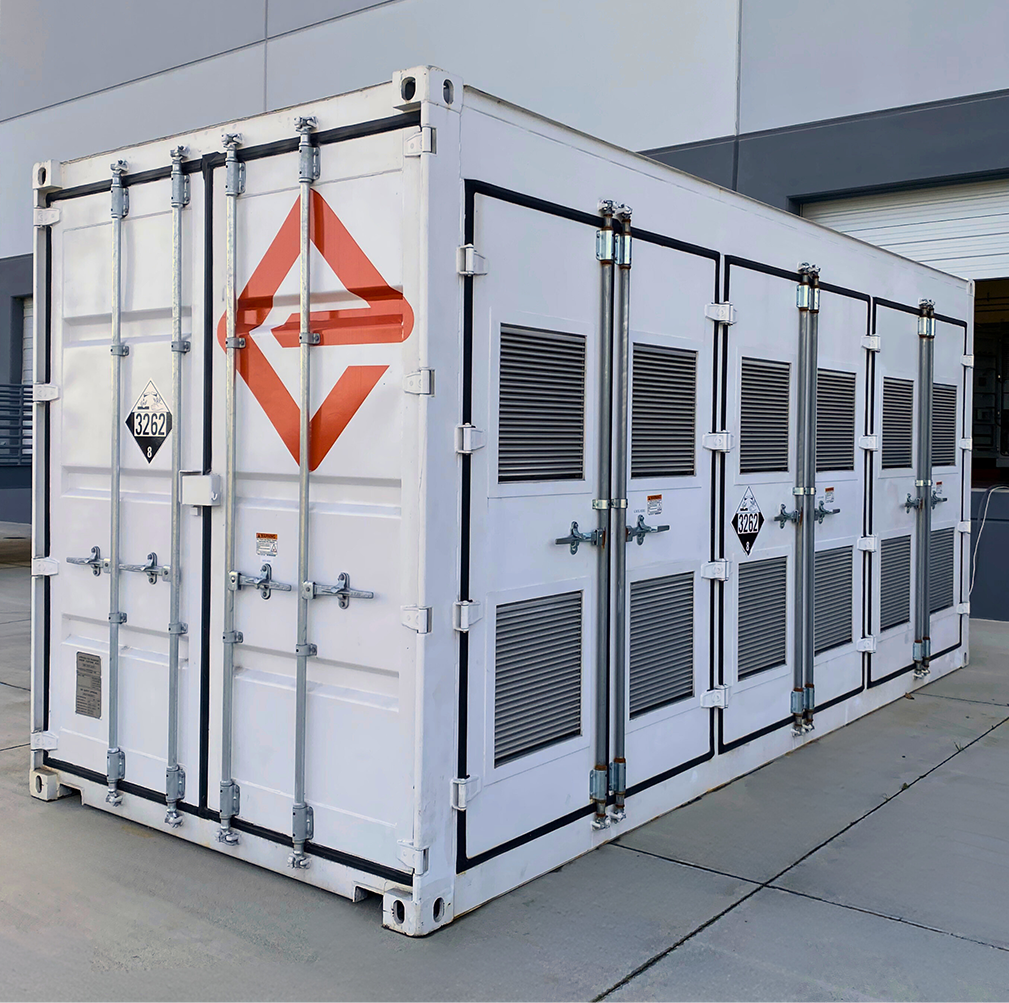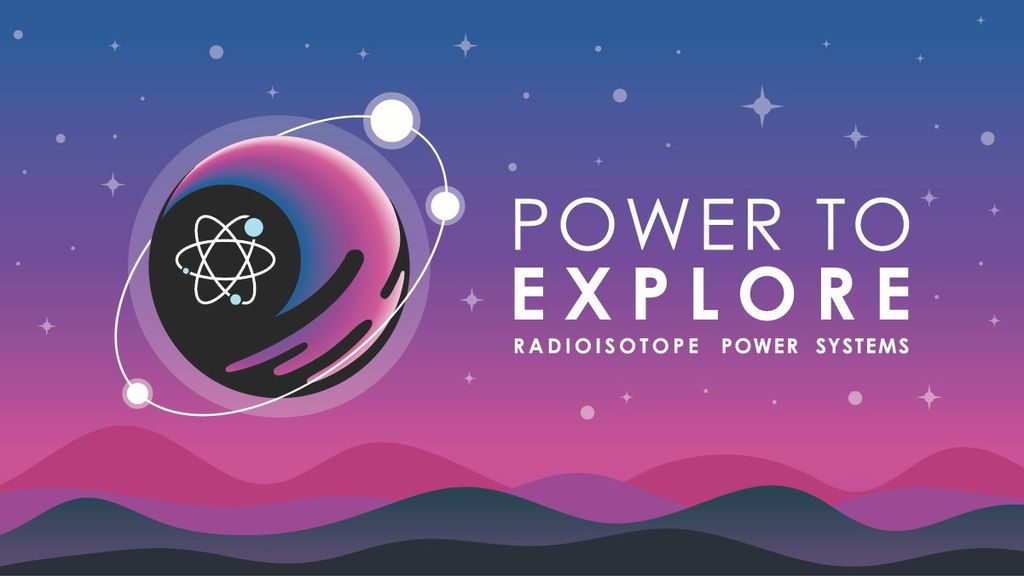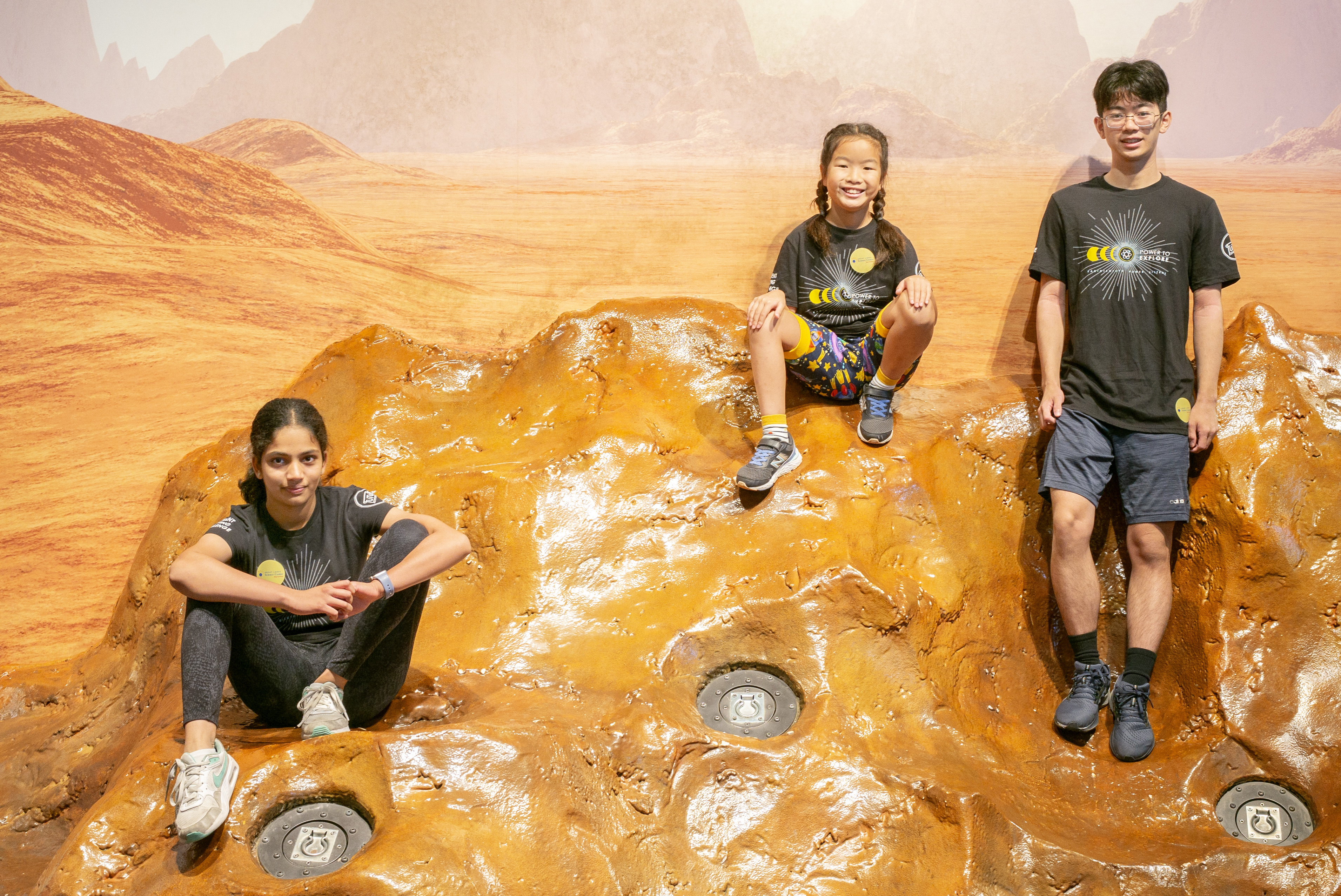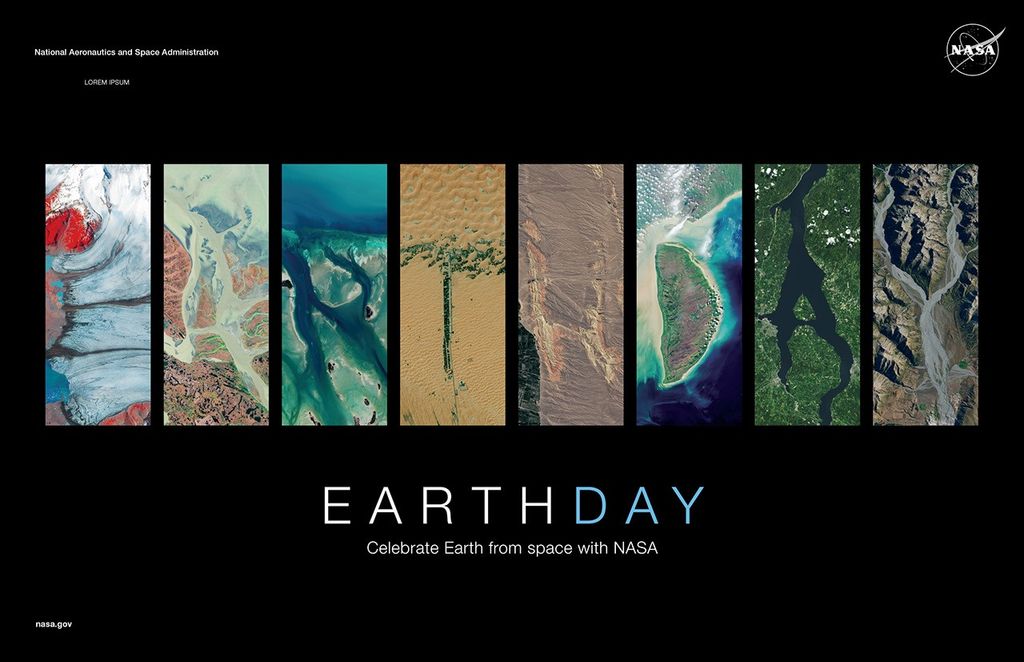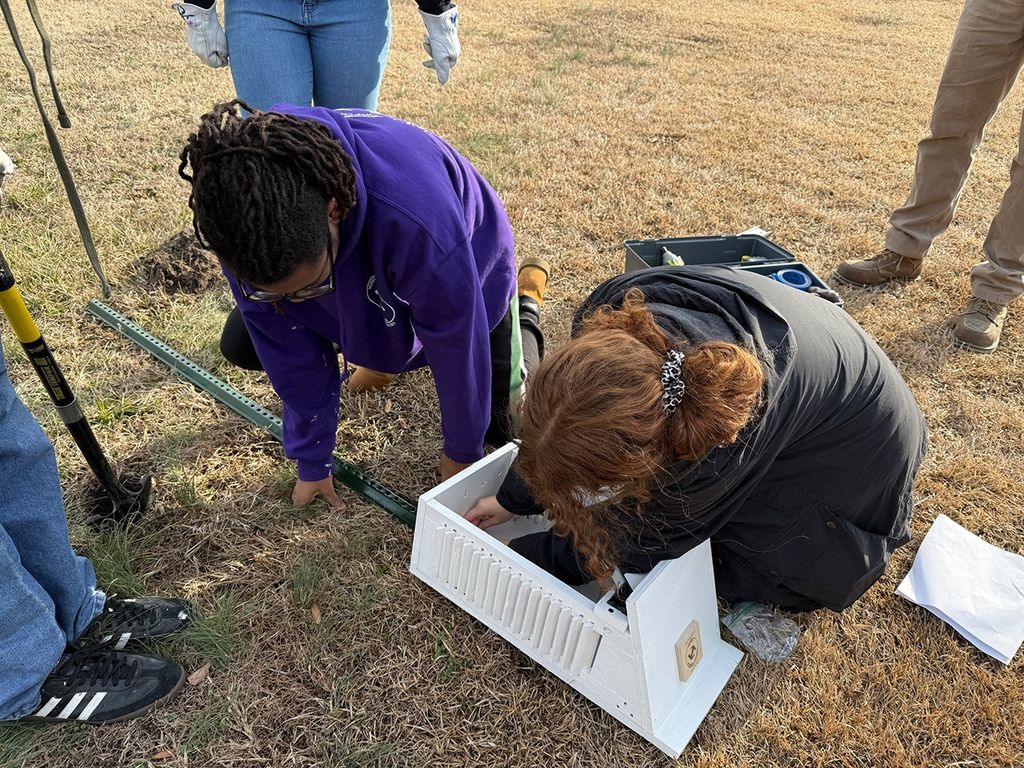NASA will host a virtual media conference with the German Aerospace Center (DLR) at 10 a.m. EST (4 p.m. CET) Tuesday, Dec. 7, to discuss the status and outcome of plant research performed in a greenhouse in Antarctica. The year-long collaborative project between NASA and DLR began in May 2021 and is nearing its final harvest.
A team of researchers working in the test facility known as EDEN ISS have enjoyed fruit, herbs, leafy greens, and stem crops grown in the remote and isolated environment during the Antarctic winter. The conditions acted as an analog to what astronauts will experience on long-duration missions in space.
Participants will discuss the benefits of conducting research in this unique test facility and what it is like to live and work in an overwintering environment, including growing and harvesting some of the same crops that are currently being grown on the International Space Station.
Briefing participants include:
- Dr. Daniel Schubert, EDEN ISS project manager, German Aerospace Center
- Jess Bunchek, life sciences research scientist on the Laboratory Support Services and Operations (LASSO) contract at NASA’s Kennedy Space Center
- Dr. Ray Wheeler, plant physiologist and senior scientist, Exploration Research and Technology programs at NASA’s Kennedy Space Center
Members of the media who would like to ask questions during the virtual event must provide their name and affiliation by noon EST Monday, Dec. 6, to ksc-newsroom@mail.nasa.gov. NASA’s media accreditation policy is available online.
Media and the public may participate in the conference by signing into the webinar. The public may submit questions on social media prior to the start of the conference on social media using #MadeInAntarctica. The URL to join is https://nasa-gov.zoomgov.com/s/1610864707?pwd=MzR3alNVaTVsckxMZnZVOTR6RzBkQT09. The passcode is 270764.
The EDEN ISS seeks to advance technology related to safely and efficiently growing food even when logistical and environmental challenges exist. This plant research, and similar research on Earth and aboard the space station, helps support the Artemis program goal of sustainable exploration of the Moon, and eventually Mars, by adding to the knowledge of growing crops even in the harshest conditions. Most human space exploration has been relatively close to the Earth, and long-duration spaceflight has relied on regular deliveries of packaged foods to nourish astronauts. As astronauts travel farther from Earth and stay for longer durations, the logistics of resupplying with packaged food becomes increasingly challenging, and the quality and nutrition of packaged foods degrades with long storage. Astronauts using freshly grown fruits and vegetables to supplement their diet is one solution to these problems.
Learn more about DLR’s EDEN ISS greenhouse at:
Learn more about NASA’s Advanced Exploration Systems at:
Learn more about the exciting research projects and scientific discoveries in the fields of Space Biology and Physical Sciences:
-end-
Leejay Lockhart
Kennedy Space Center, Fla.
321-861-3739
leejay.lockhart@nasa.gov


